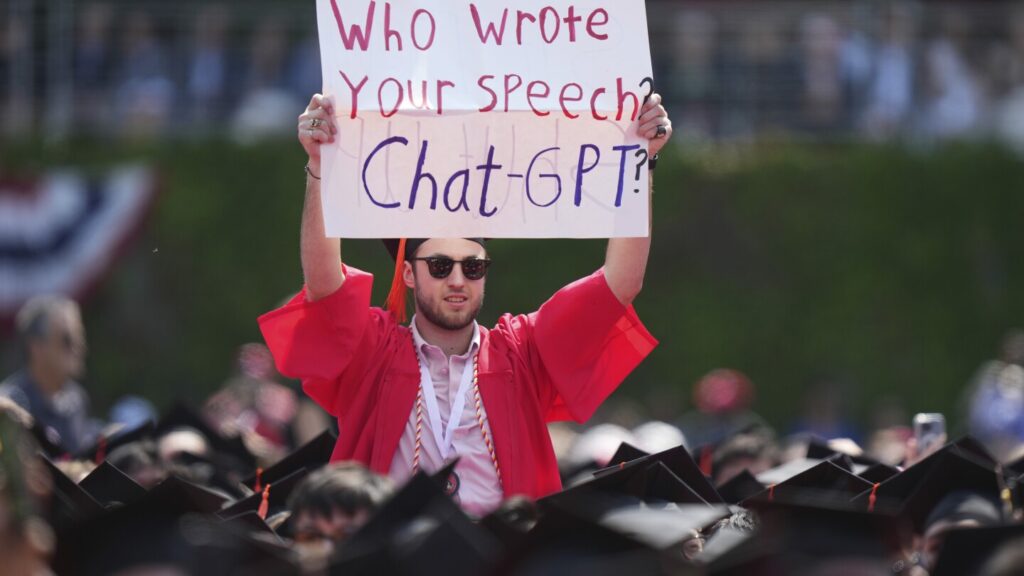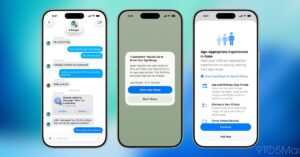
WASHINGTON (AP) — As Palwasha Zahid completed her master’s degree in data analysis, she moved from Dallas to a town near Silicon Valley, hoping to land a job in the tech industry. Despite her strategic relocation and qualifications, Zahid, 25, remains without employment, highlighting a troubling trend for recent graduates.
Immediate Impact on Young Graduates
Graduating students this spring and summer are entering one of the toughest job markets in over a decade. The unemployment rate for degree holders aged 22 to 27 has hit its highest level in twelve years, excluding the pandemic period.
5.8% — The unemployment rate for college graduates aged 22 to 27 as of March, significantly higher than the nationwide rate.
This rise in unemployment is causing concern among economists and Federal Reserve officials, suggesting businesses are hesitant to hire due to economic uncertainties, including tariff increases from the previous administration.
Key Details Emerge
Brad Hersbein, a senior economist at the Upjohn Institute, notes that young people are disproportionately affected by economic instability. Entry-level positions are often the first to be cut in uncertain times.
The advent of artificial intelligence (AI) is also contributing to job scarcity in white-collar professions such as IT, finance, and law. This technological shift is reshaping the job landscape, making it harder for new graduates to secure positions.
Industry Response
Concerns about the value of a college degree are resurfacing as more workers possess four-year degrees, diluting its impact as a distinguishing factor in job applications. According to Murat Tasci of JPMorgan, 45% of workers now hold a four-year degree, up from 26% in 1992.
Despite the challenges, economists argue that a college degree still offers long-term benefits, including higher lifetime earnings and lower unemployment rates.
By the Numbers
The overall U.S. unemployment rate stands at a low 4.2%, with job growth concentrated in health care, government, and hospitality sectors. However, job creation in fields typically employing college graduates, such as IT and legal services, has stagnated.
40% — The decline in job postings for software development compared to four years ago, according to Indeed economist Cory Stahle.
What Comes Next
Lexie Lindo, a 23-year-old graduate from Clark Atlanta University, experienced the hiring freeze firsthand, applying to over 100 jobs without success. She has returned to academia, hoping a master’s in supply chain studies will improve her prospects.
AI’s role in reducing job opportunities is debated. Matthew Martin from Oxford Economics notes a slight increase in employment for older graduates in computer science, but a significant drop for younger graduates.
Expert Analysis
Despite fears, LinkedIn’s Kory Kantenga sees no broad evidence that AI disproportionately impacts younger workers. Instead, he cites Federal Reserve interest rate hikes as a factor slowing tech hiring.
As companies adjust to a post-pandemic economy, some have overstaffed, leading to reduced hiring. Zahid, who switched from psychology to data analysis, faces this challenging job market, her diploma unframed until she secures employment.
Industry leaders like Amazon’s Andy Jassy anticipate AI will reshape the workforce, potentially reducing corporate staff as efficiency improves. Zahid fears these changes may hinder her job prospects.
While the job market remains tough for young graduates, many economists believe the current challenges are part of a broader economic adjustment rather than a permanent shift.






